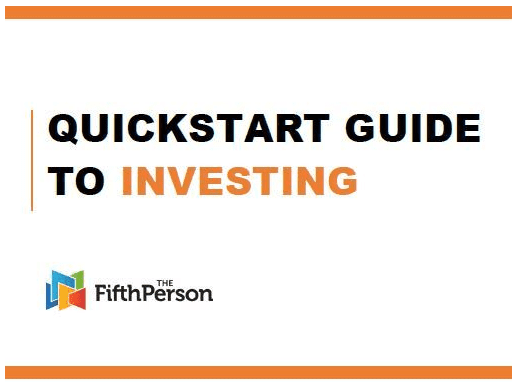What is the stock market and why it swings up and down like a crazy yo-yo

The stock market is a term familiar to many of us, investor or not. But what really is this stock market that the news and media constantly talk about all the time?
Broadly defined, a stock market or stock exchange is basically a place where buyers and sellers can meet and decide on the price when buying/selling the shares of publicly held companies. Some exchanges are physical locations while some are entirely virtual with their transactions carried out electronically. Some of the most famous stock exchanges include the New York Stock Exchange, NASDAQ, the London Stock Exchange and the Hong Kong stock exchange.
The stock price of a company is basically the agreed price of the last transaction done between a buyer and a seller of the stock. For example, if a buyer wanted to buy shares at $10 and a seller was willing to sell at that price, the transaction is agreed and it becomes the latest stock price.
So how do stocks go up and down in price?
In general, a stock goes up in price when there are more buyers than sellers. For example, if we have ten buyers who want to buy shares at $10 but only six sellers willing to sell at that price, then only six of the buyers will be fulfilled. The remaining four buyers have to bid a higher price of, let’s say, $11 before they’re able to find another four sellers willing to sell at that price. And that’s how stock prices go up.
On the reverse side, a stock price goes down when there are more sellers than buyers. For example, if we have ten sellers who want to sell their shares at $5 but only six buyers willing to buy at that price, then only six of the sellers will be fulfilled. The remaining four sellers have to drop their price to maybe $4 before another four buyers are willing to buy at that price. And that’s how stock prices come down.
So how do we get the volatile price swings we sometimes see in the stock market?
Again it’s all because of the numbers of buyers vs sellers.
When the market overreacts to positive news, there are many more people who want to “get in on the action” and invest in the stock market. As more and more buyers enter the market, stock prices start to go up. As people start to see prices going higher and higher, people become more greedy and hope to profit further from the rise. So they buy even more stock and more buyers enter the market, pushing stock prices ever higher. The cycle carries on and pretty soon, we have what you call a stock market bubble.
On the other hand, when the market overreacts to negative news, there are many more people who want to get out of the market and sell their shares. As more and more sellers enter the market, stock prices start to fall. As people start to see prices going lower and lower, people become more fearful and sell more stock to cut their losses. So more sellers enter the market, pushing stock prices ever lower. The cycle carries on and pretty soon, we have what you call a stock market crash.
So that’s why you see those price jumps and drops you see on the stock market from time to time. It’s because people overreact to positive/negative news and push the prices ever higher/lower.
Why this is important to you…
As an investor, these market overreactions present some of the best opportunities for you to invest in the stock market.
When stock prices drop drastically, it gives you the chance to invest in great companies at undervalued prices. As long as the long-term fundamentals and the intrinsic value of the company remain intact, in time the stock market and its prices will correct itself and you could see yourself sitting on a nice, tidy profit when that comes around.





That’s a good point that you can have your money make money. If you have savings it has the potential to be an investment instead. If you don’t do anything your money will lose value anyways because of inflation.